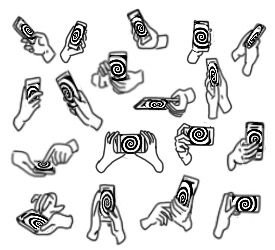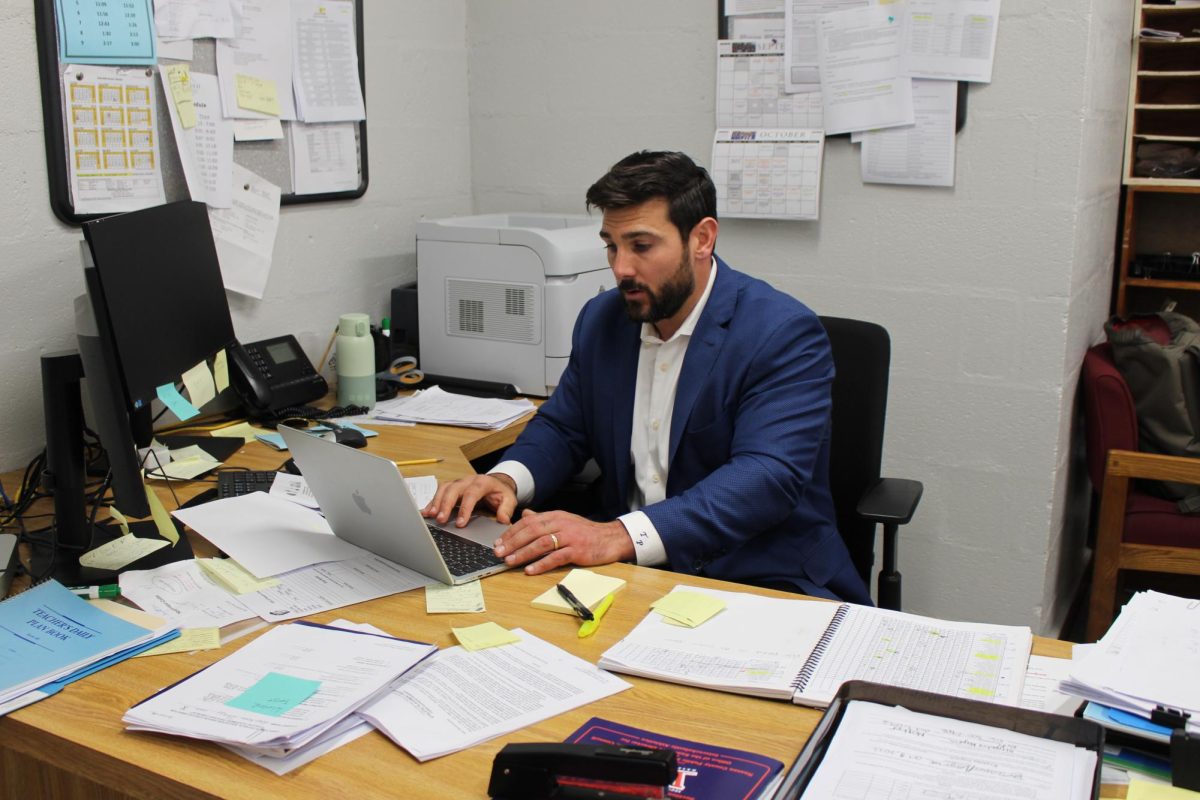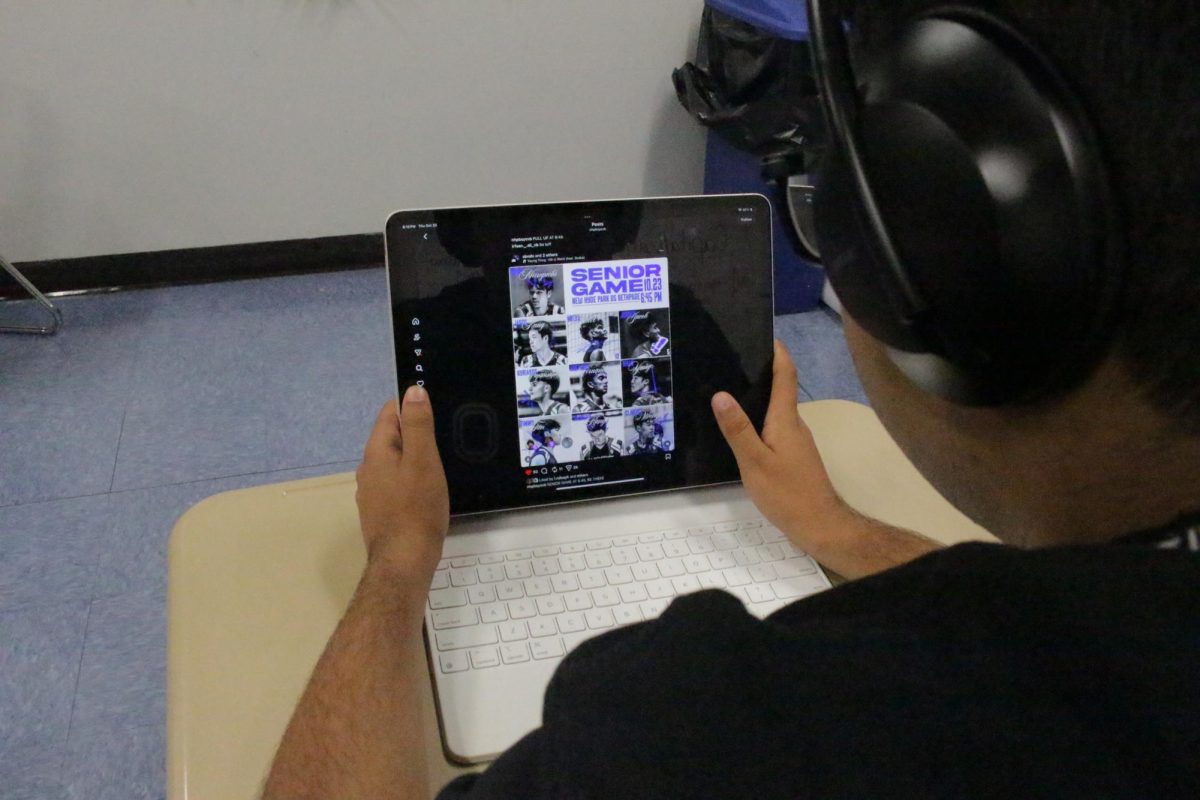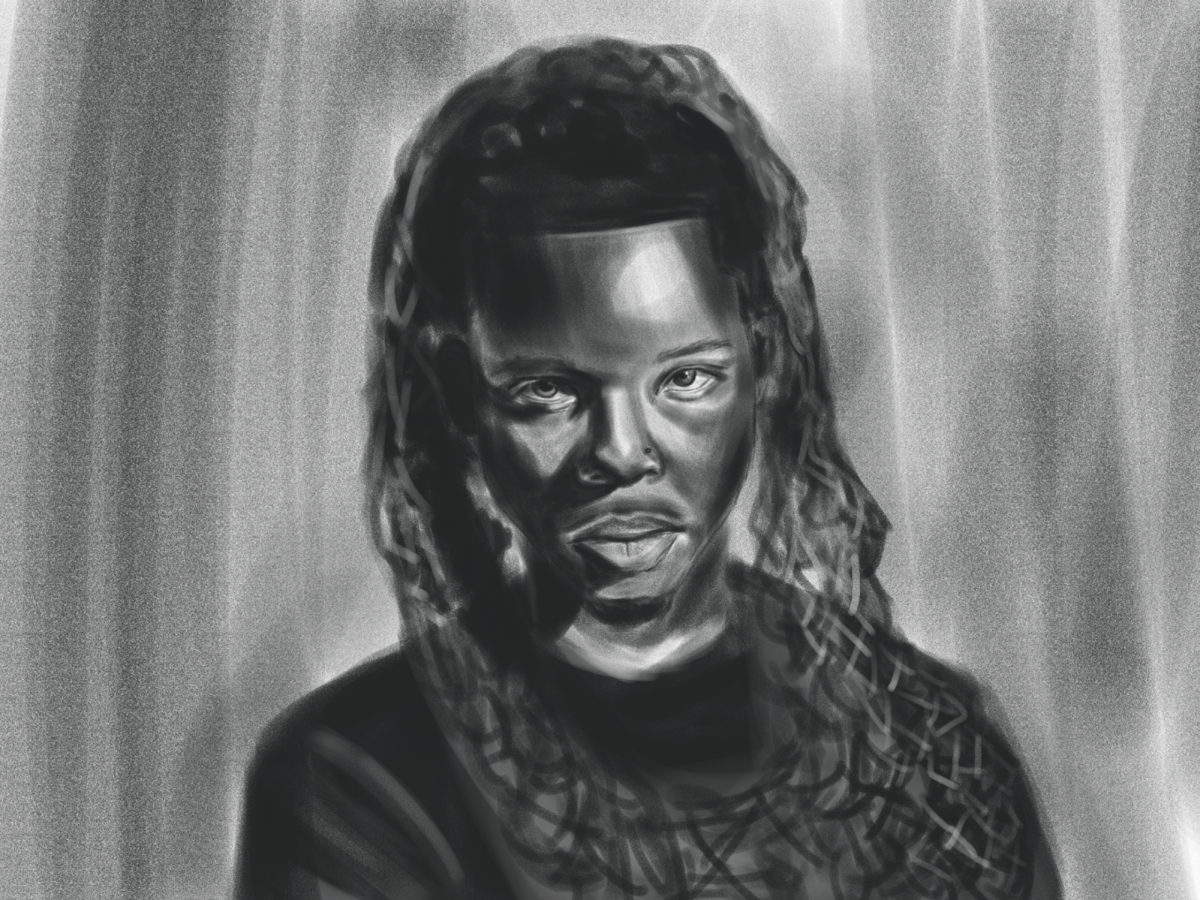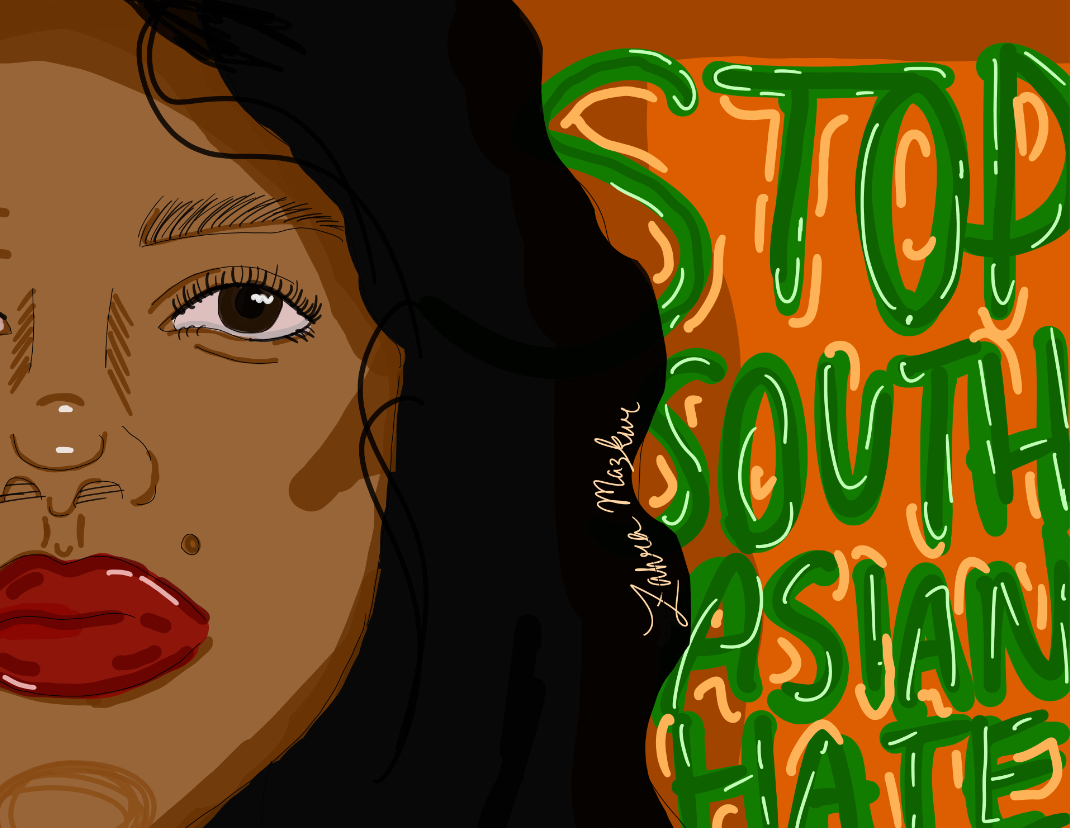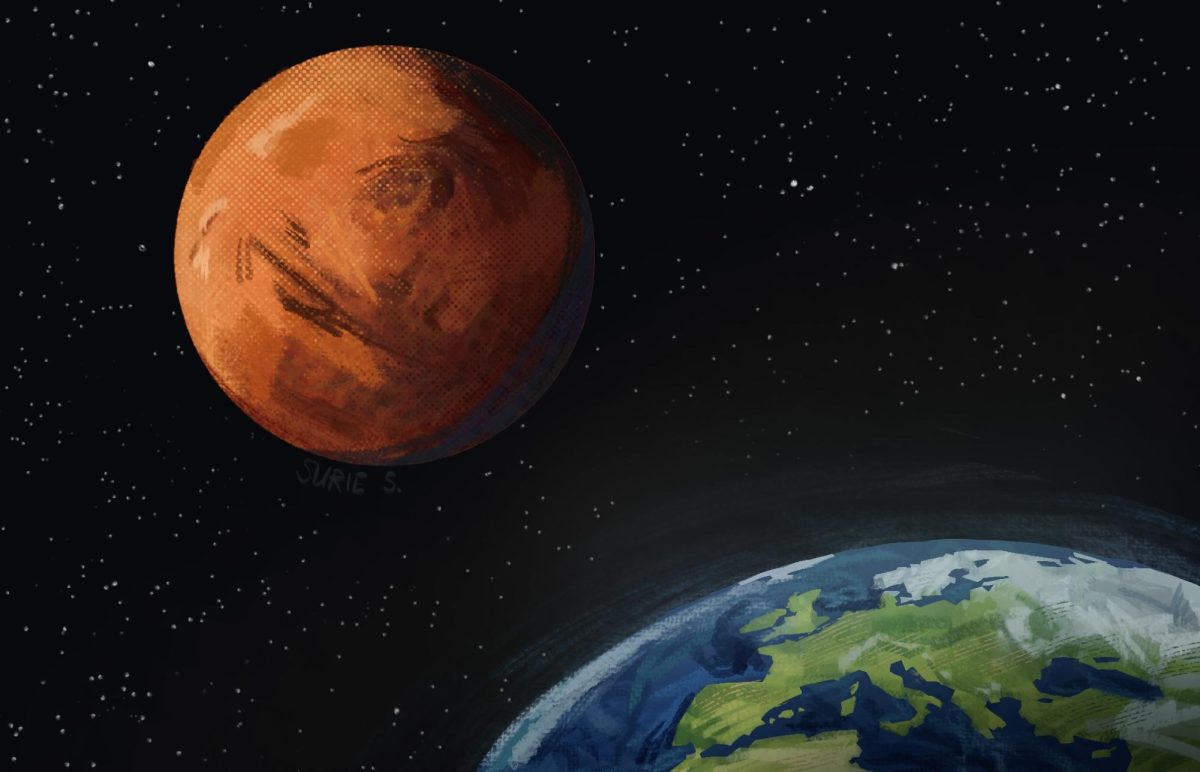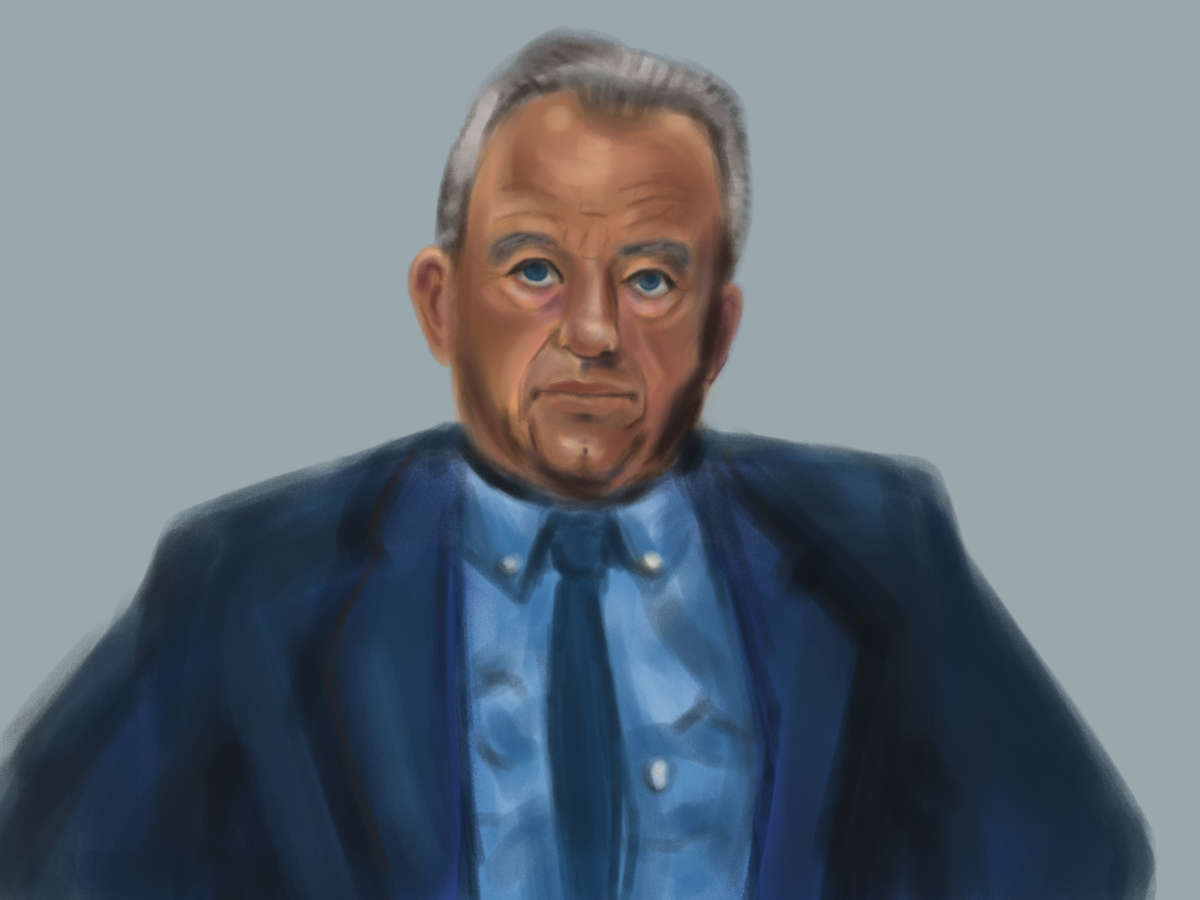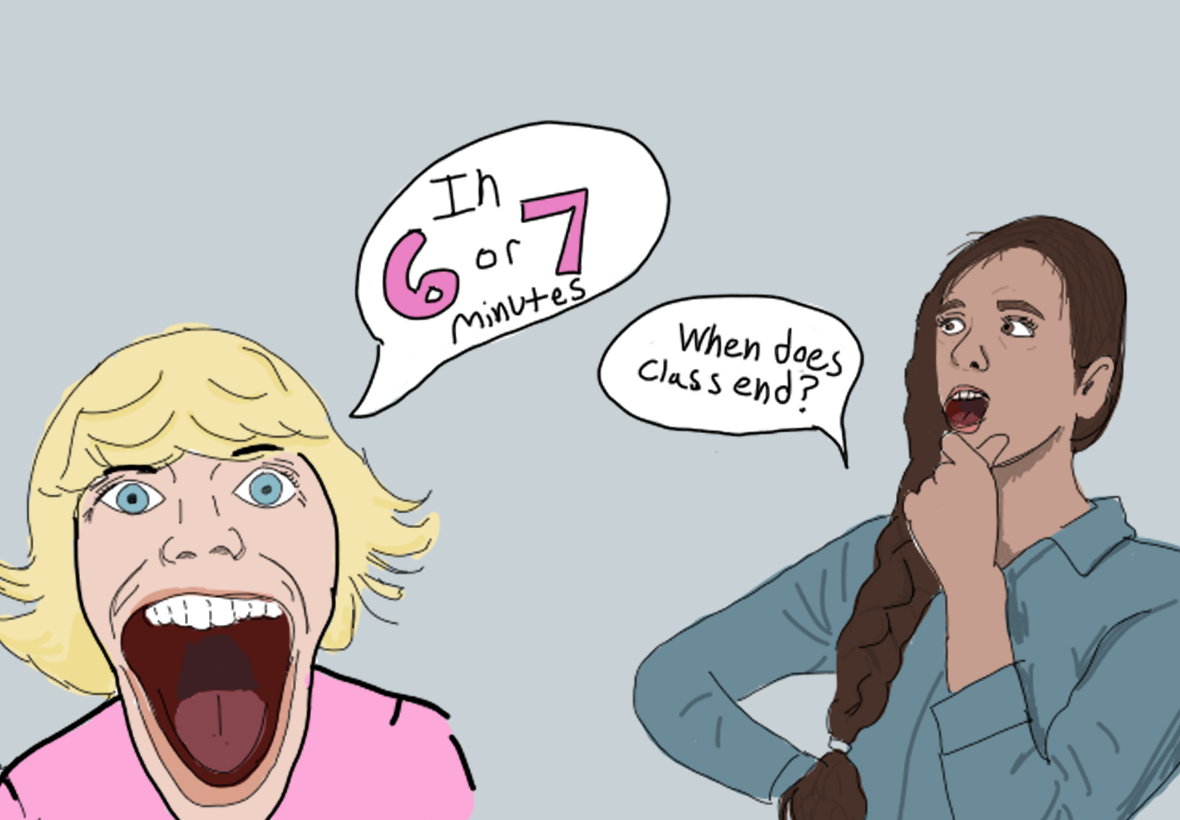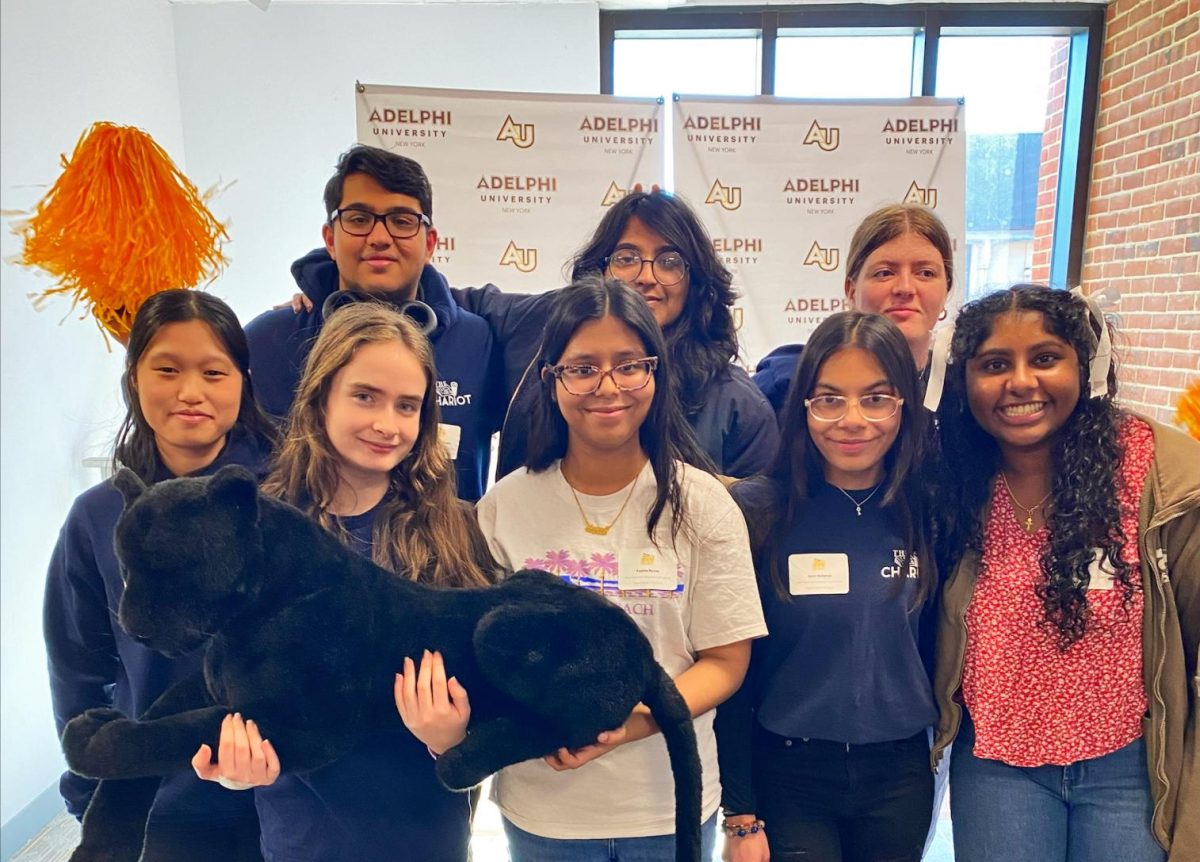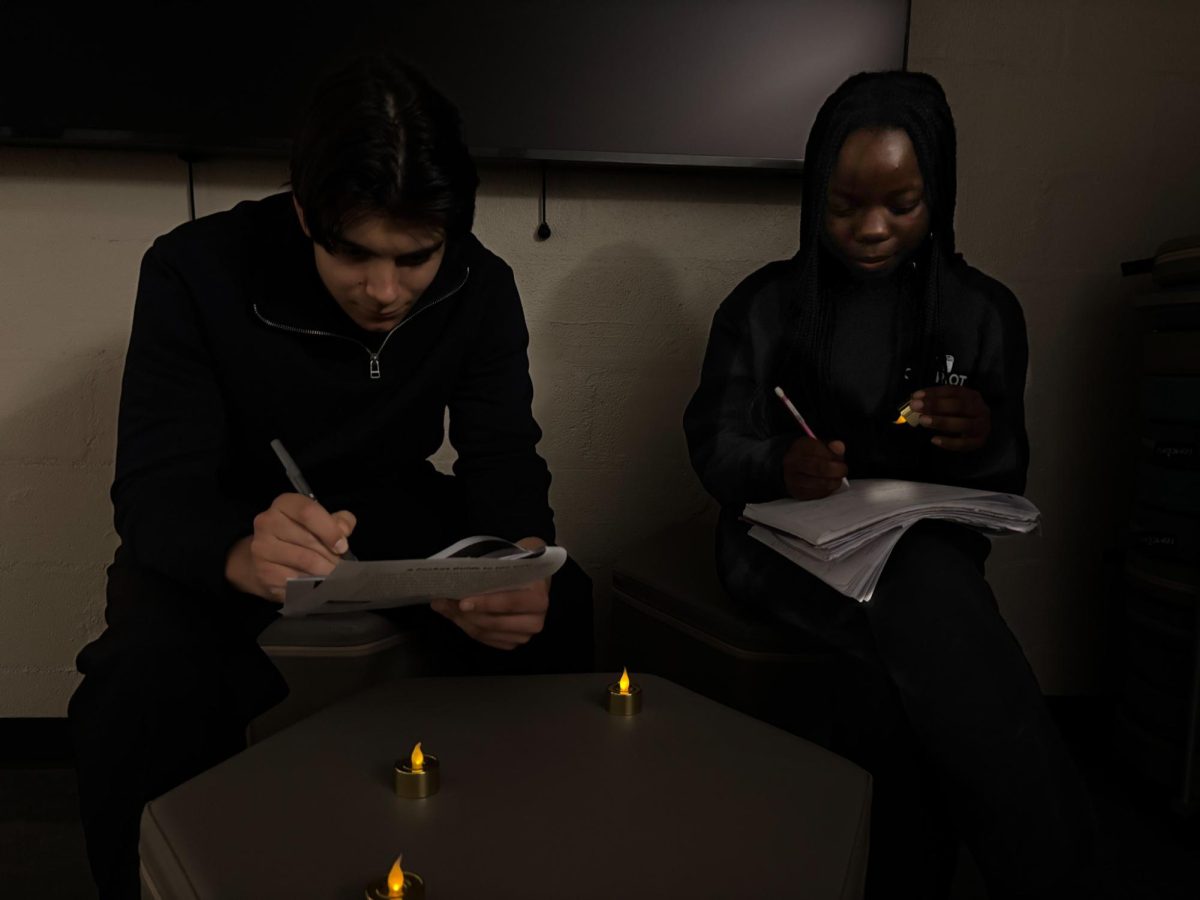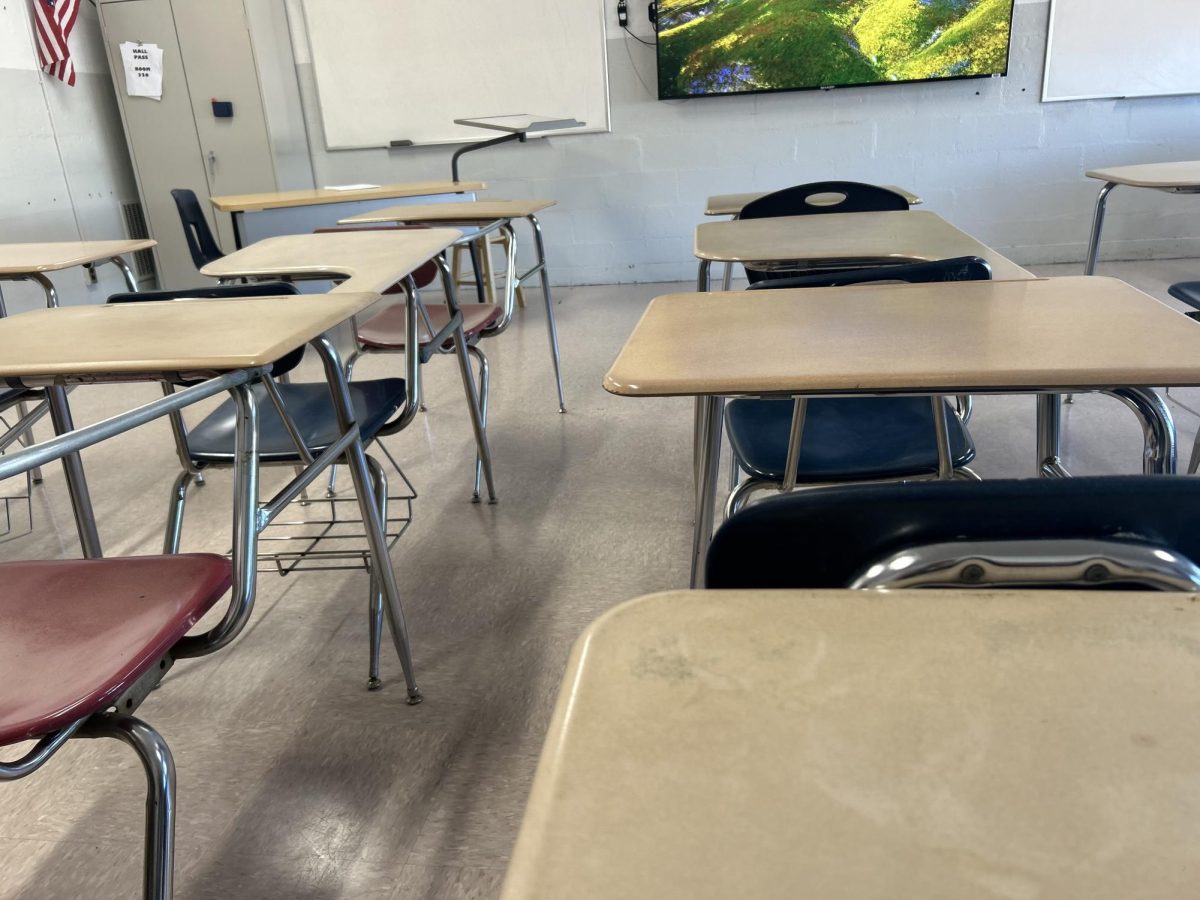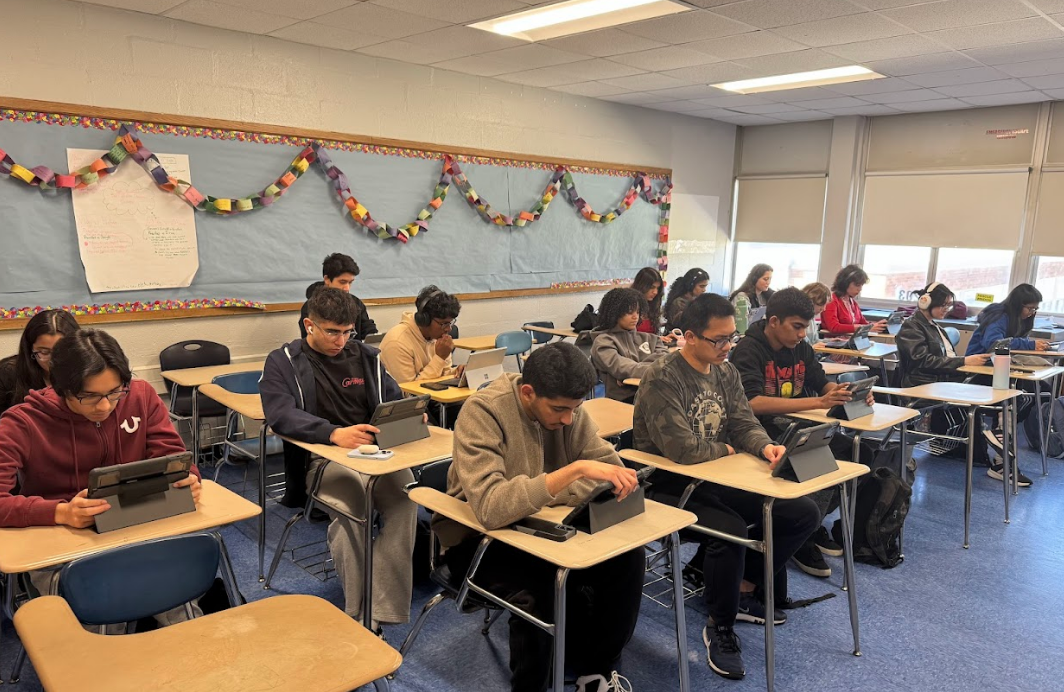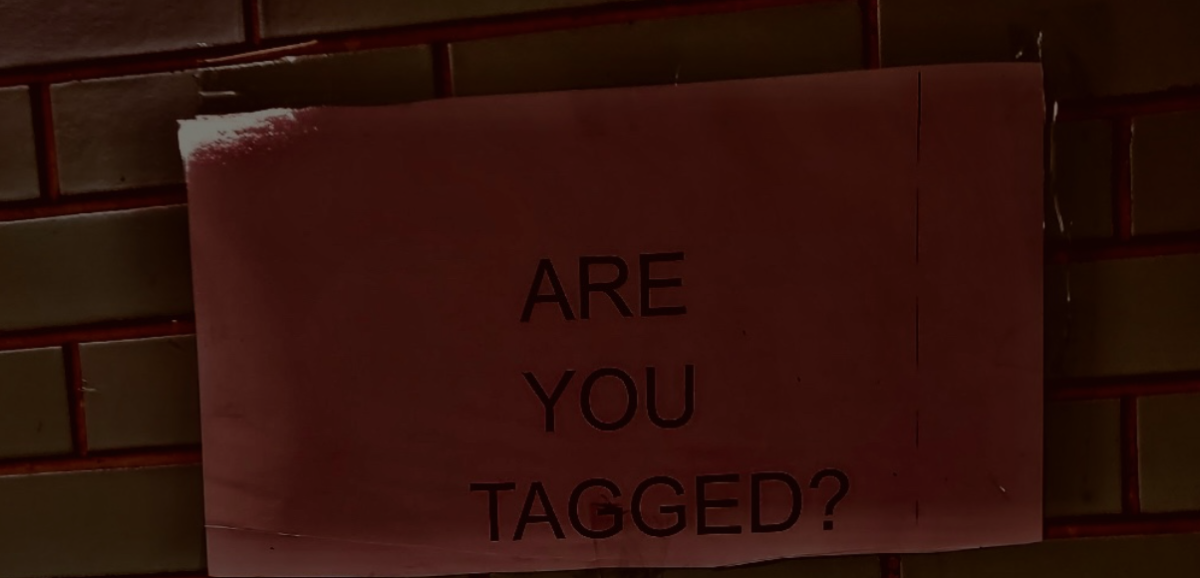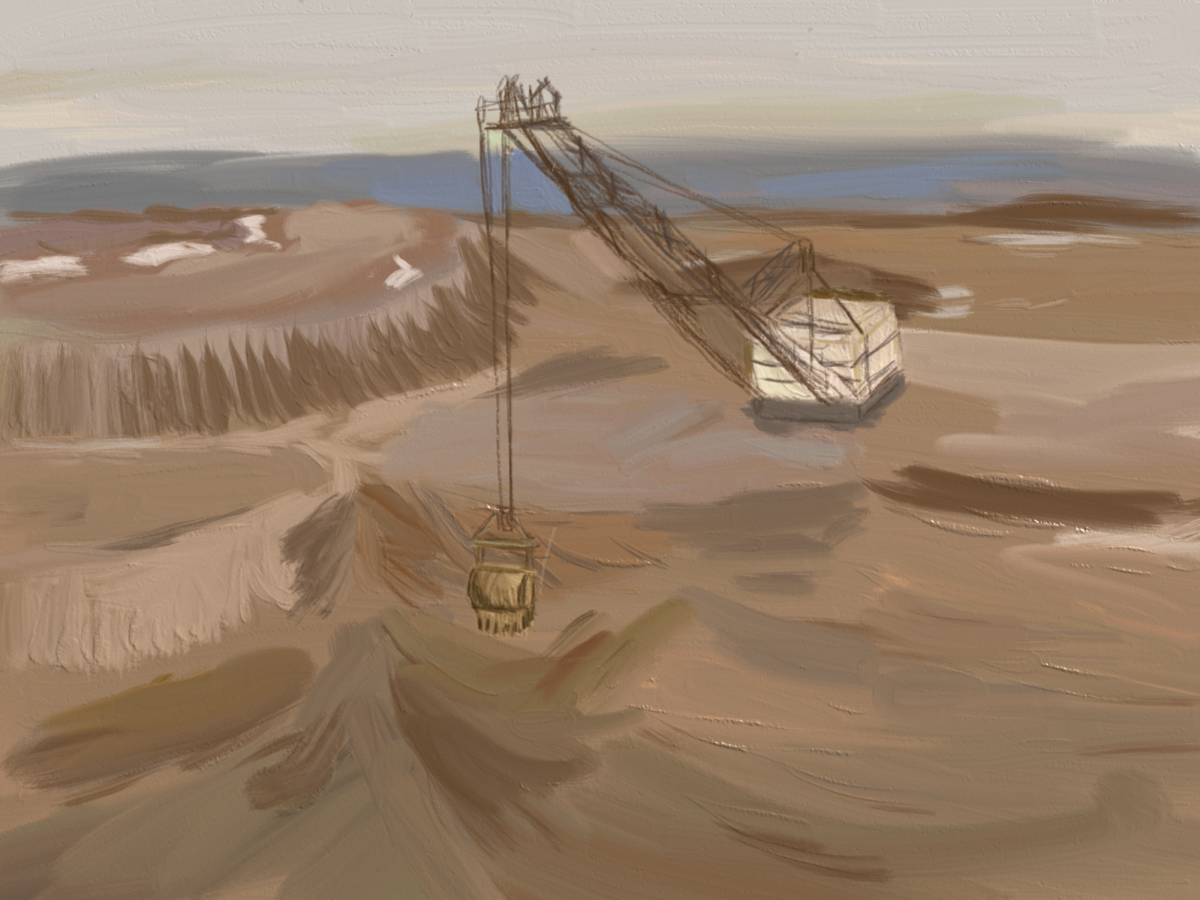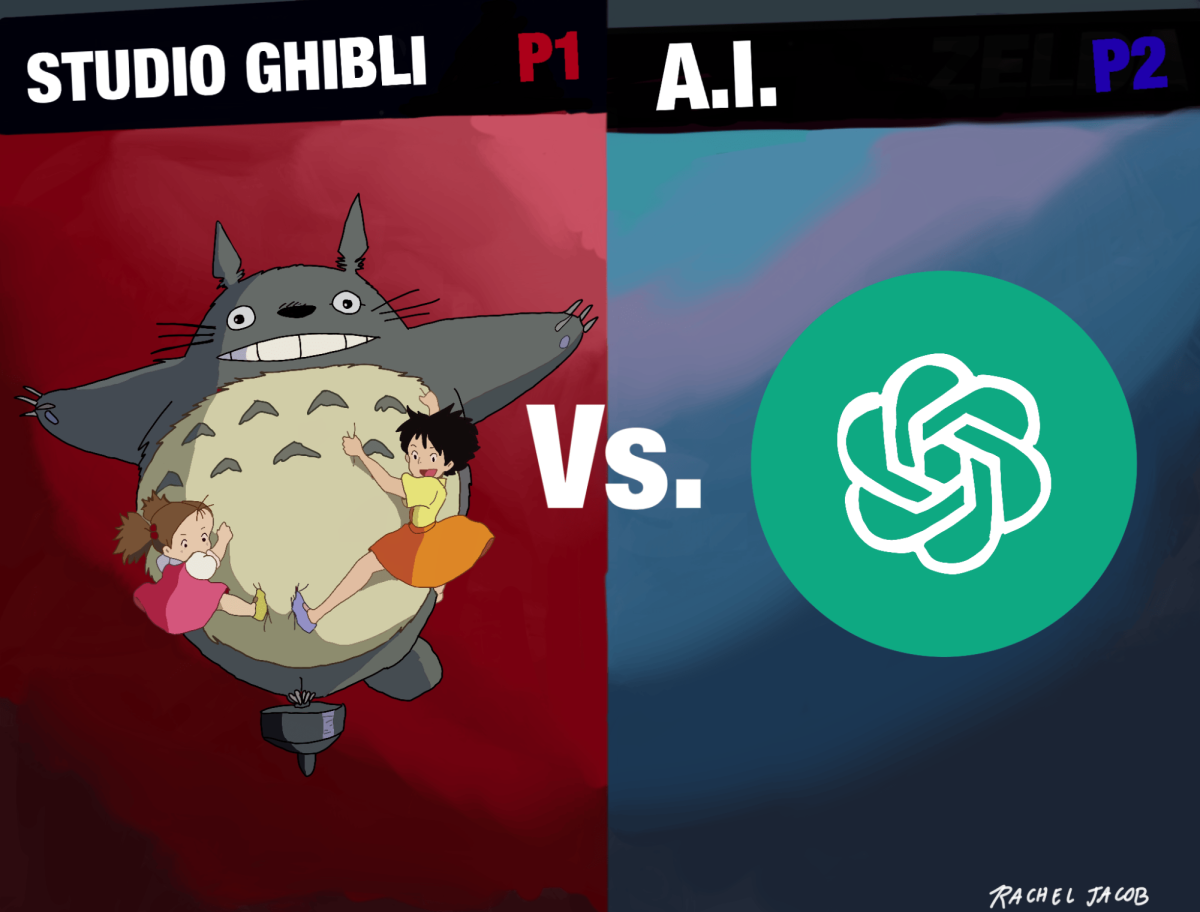On February 28, U.S. President Donald Trump held a meeting with Ukrainian President Volodymyr Zelenskyy in Washington D.C. to discuss an agreement allowing the United States access to Ukraine’s critical minerals and rare earth elements in exchange for the U.S. giving Ukraine aid in their war with Russia. However, the meeting ended in a fiery exchange between the two world leaders, ultimately preventing the signing of the landmark agreement.
“The whole event really shocked me. When I saw this on the news, I never thought it would have ended up with an argument like this,” freshman Catherine George said.
“I looked through a bunch of different news articles on this,” freshman Jasmeet Kaur said. “Trump and Zelenskyy’s argument taught me to respect politics even more. It brought to light how diplomatic meetings can turn into heated situations.”
Ukraine boasts a wealth of natural resources and valuable minerals such as lithium. Given significant prior expenditures in American military aid for Ukraine, these minerals and elements may prove useful for U.S. defense industries, which currently rely extensively on rare earth imports.
Specifically, the deal allowed the U.S. to jointly invest in Ukraine’s natural resources through a fund. The agreement would have required Ukraine to allocate 50% of its revenues from natural resources to the U.S. through this fund, until the contributions reach $500 billion. The deal, however, did not offer guarantees of continued military support to Ukraine.
President Volodymyr Zelenskyy expressed opposition to some of the terms of the agreement. He felt it was unfair as it favored the interests of the U.S. more than Ukraine. Tension between the two presidents built when Zelenskyy questioned Vice President JD Vance’s proposal for directly engaging in diplomatic talks with Russian President Vladimir Putin. This, along with Zelenskyy’s expressed hesitation with the lack of security guarantees granted by the deal, led to a heated debate between the two leaders. The argument ended with Trump threatening to withdraw support from Ukraine, and Zelenskyy leaving the White House without signing the minerals deal.
“I found it interesting how things played out. I’m worried how this will affect the Ukraine-Russia war though. Hopefully things will cool over,” sophomore Fatima Ramos-Quintanilla said.
“The deal is eventually going to end with a diplomatic solution. Now Ukraine and the U.S. have the ability to gain more than the other; in the end, this problem has to be solved through diplomacy,” U.S. History teacher Mr. Rood said.



